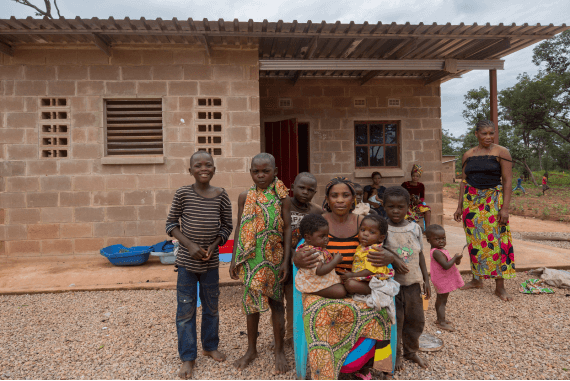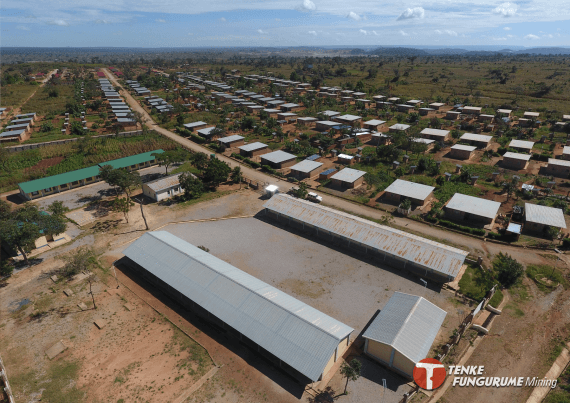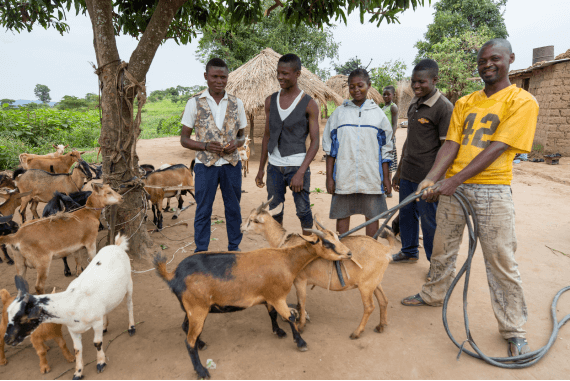Resettlement Program

TFM's Land Acquisition and Resettlement Policy Framework (LARPF) aligns with IFC Performance Standard 5 and ICMM Sustainable Development Framework.
Resettlement Program
Tenke Fungurume Mining (TFM) adheres to international standards in its land acquisition and resettlement processes, following guidelines from the World Bank, International Finance Corporation (IFC), and the International Council on Mining & Metals (ICMM).
TFM's Land Acquisition and Resettlement Policy Framework (LARPF) aligns with IFC Performance Standard 5 and ICMM Sustainable Development Framework.
Our Resettlement Framework and Best Practices focuse on minimizing involuntary resettlement, ensuring fair compensation, and restoring livelihoods to pre-displacement levels or better.
Phased Resettlement Approach
Resettlement at TFM is conducted in phases, each with a dedicated Resettlement Action Plan (RAP). For instance, the RAP for the Kwatebala pit included new housing and social facilities, while the RAP for the Tenke-Fwaulu deposits focused on physical displacement and establishing new resettlement communities. This phased approach ensures meticulously planned and executed resettlement activities, minimizing disruptions and fostering community development.
Livelihood Restoration Programs
A core component of TFM's resettlement strategy is its Livelihood Restoration Programs (LRPs). These programs support PAPs in restoring income-generating activities and improving living standards. TFM provides technical assistance, vocational training, and financial support tailored to displaced communities' needs. Agricultural training and provision of high-quality seeds and tools have significantly increased crop yields, enhancing food security and income levels.
Our comprehensive approach ensures fair compensation and support, enabling Project Affected Persons (PAPs) to restore or improve their livelihoods post-displacement. Key steps include detailed asset inventories, socio-economic surveys, and ongoing monitoring and evaluation.


Community Engagement and Grievance Mechanism
TFM emphasizes community engagement and transparency. Regular meetings with local leaders and PAPs discuss resettlement plans, compensation packages, and community concerns. A robust grievance mechanism addresses issues promptly, ensuring PAPs have a voice throughout the resettlement process.
Audit and Continuous Improvement
TFM engages third-party auditors for annual reviews of its resettlement activities. The latest audit highlights the successful implementation of several RAPs, including those for the Kwatebala, Tenke-Fwaulu, and Fungurume Hills deposits. The report also outlines ongoing initiatives to enhance livelihood restoration programs and improve stakeholder engagement.
TFM's commitment to responsible resettlement practices is evident in its structured approach, adherence to international standards, and focus on sustainable development. By prioritizing the well-being of affected communities and continuously improving its resettlement processes, TFM ensures its operations contribute positively to the region's socio-economic fabric.


